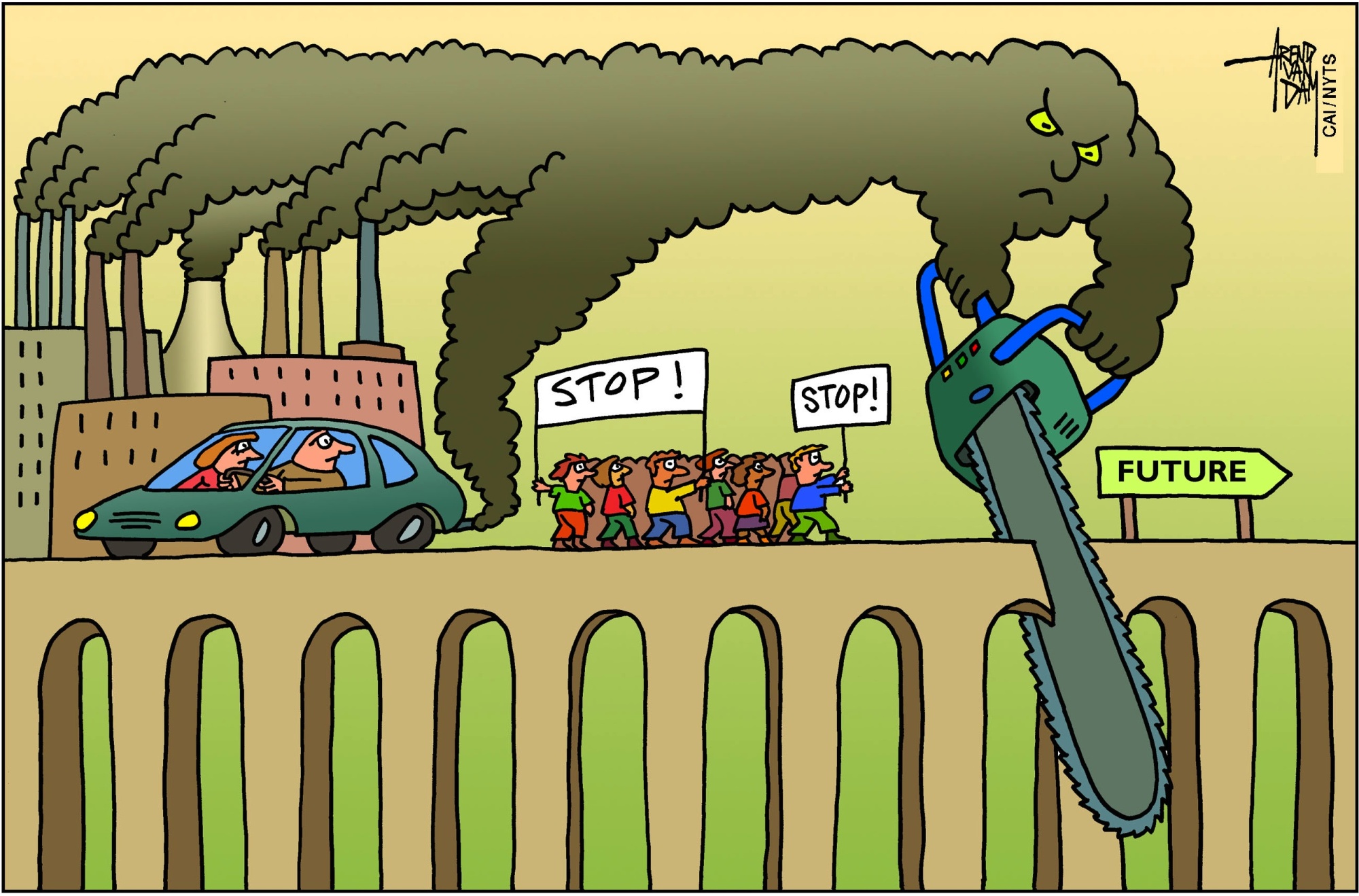A "Green New Deal" has become the talk of the town in many of the world's capitals. Having recently emerged in the United States, the idea pays tribute to the visionary economic recovery program launched by President Franklin D. Roosevelt in 1933. But Europe can — and must — deliver it as well.
Europe has long been committed to the environment, introducing its first joint program back in 1972. In 2005, the European Union established the first emissions-trading scheme, which remains the world's largest carbon market. And in 2015, the EU took the lead in negotiating the Paris climate agreement and committed to cutting its own greenhouse gas emissions by 40 percent from 1990 levels.
But these steps, though important, do not address the scale of the challenge now facing the world. Bees and other insects are disappearing, while microplastic pollution has become ubiquitous. Rising temperatures could cause ice to disappear from the Arctic by 2050 and will worsen the fires, droughts and floods Europe is already experiencing. And as air pollution increases, so will deaths from respiratory diseases.


















With your current subscription plan you can comment on stories. However, before writing your first comment, please create a display name in the Profile section of your subscriber account page.